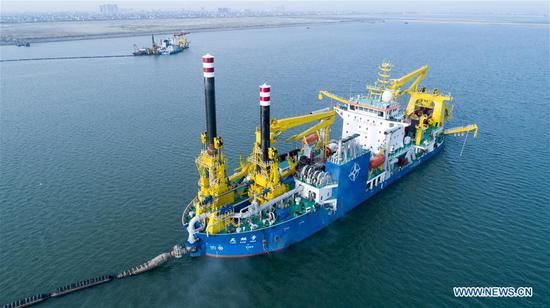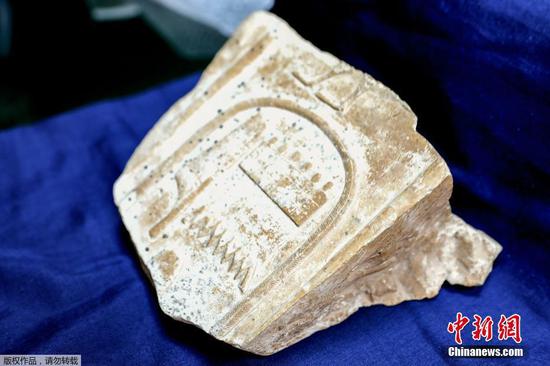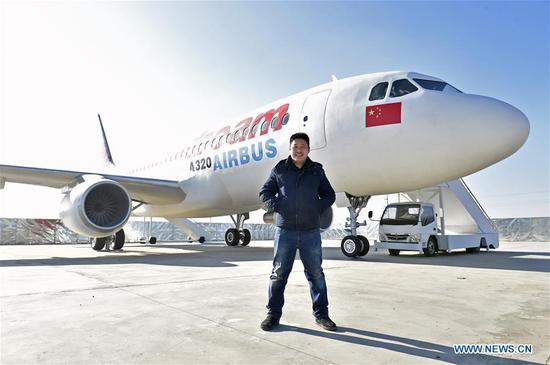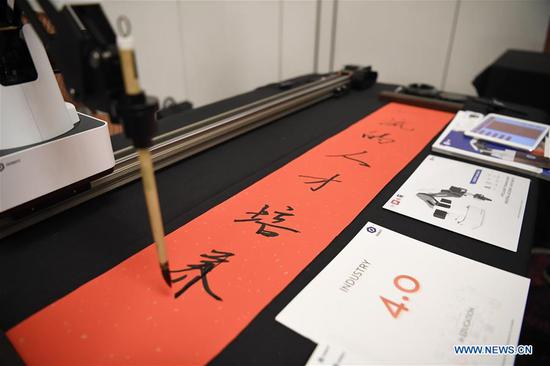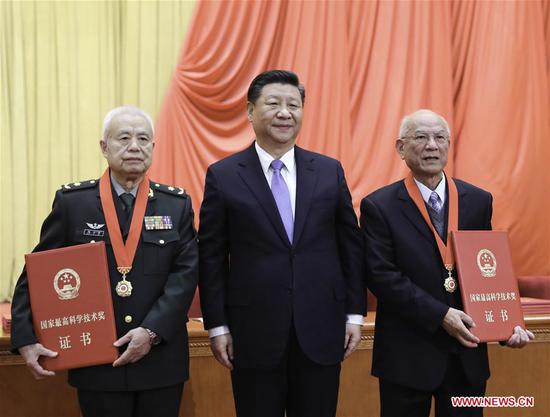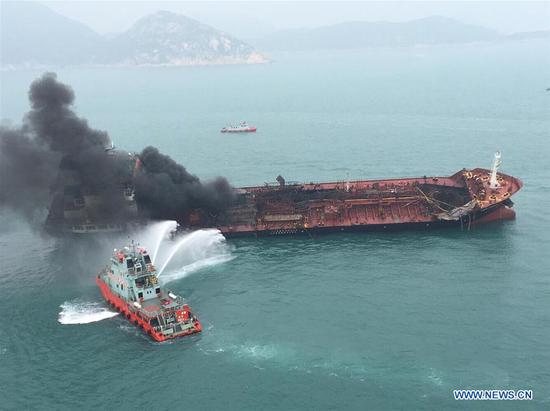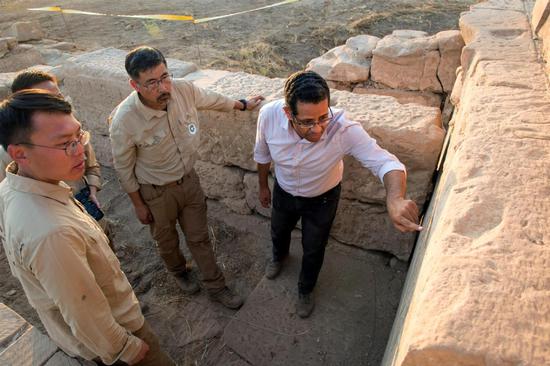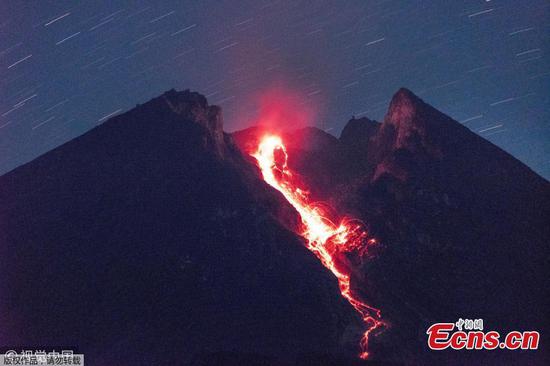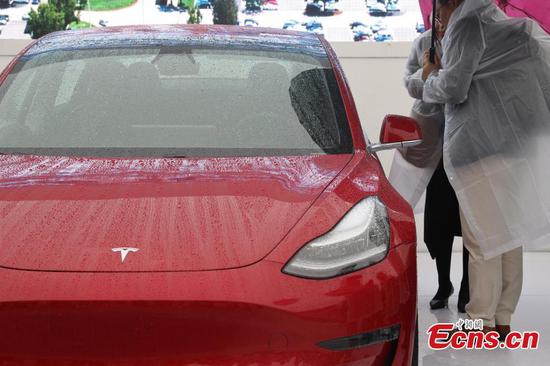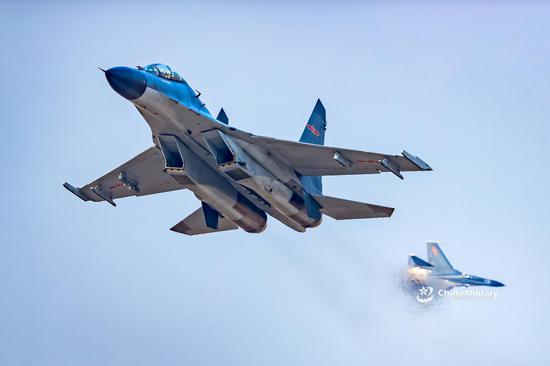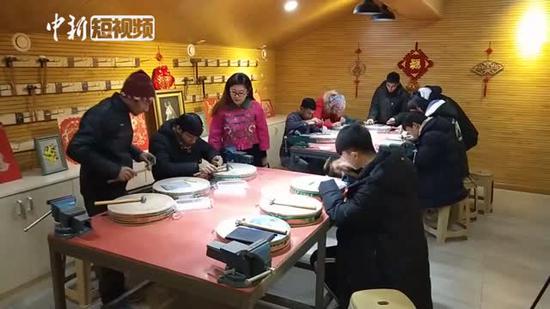Zhang Di added that Expace intends to conduct the first mission of the Kuaizhou 11, set to be China's largest and most powerful solid-propellant carrier rocket, before the end of this year.
The prosperity of the country's satellite businesses, especially that of private players, lies behind the thriving launch market.
Commsat, a private satellite producer in Beijing and one of the forerunners in the nation's private satellite operations, launched eight of its small satellites from Chinese rockets last year. It led other private companies in terms of the number of satellites launched.
Xie Tao, Commsat's CEO, said that with the launches last year, his company showed it is capable of designing and building small satellites. The missions also demonstrate that private Chinese companies are able to develop satellites weighing hundreds of kilograms, and that the bigger a satellite is, the better its capability.
He said Commsat looks forward to cooperating with private rocket manufacturers.
"In 2019, we will still mainly rely on State-owned companies' rockets, but we expect privately made ones to provide launch services for us as soon as possible," Xie said. He added that he hopes domestically made private rockets can place satellites in orbit this year, which would be a landmark for the nation's space industry.
In addition to rockets and satellites, private players have made their mark in the ground-based support business.
Several private startups such as Beijing Tianlian Telemetry, Tracking and Command Technology and Shaanxi Xingyi Space Technology have set up a number of ground stations in China for spacecraft telemetry, tracking and command. Telemetry is an automated communications process by which measurements and other data are collected at remote or inaccessible points and transmitted to receiving equipment for monitoring.
Zheng Ruhua, chief technology officer at Beijing Tianlian, said the company can serve at least 20 satellites, adding that it plans to establish several stations overseas, and if the plan goes well, it will be capable of handling more than 200 satellites by the end of the year.










